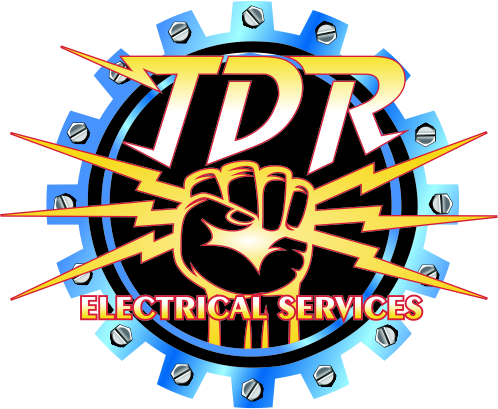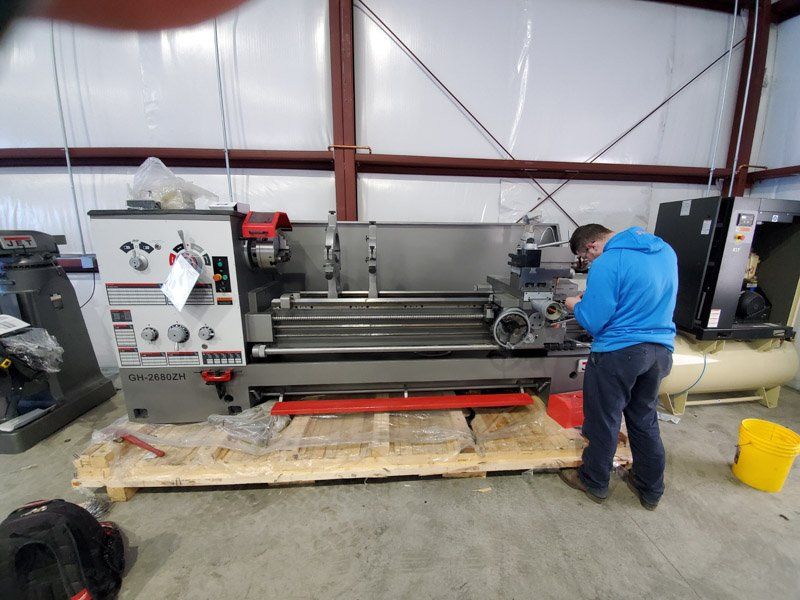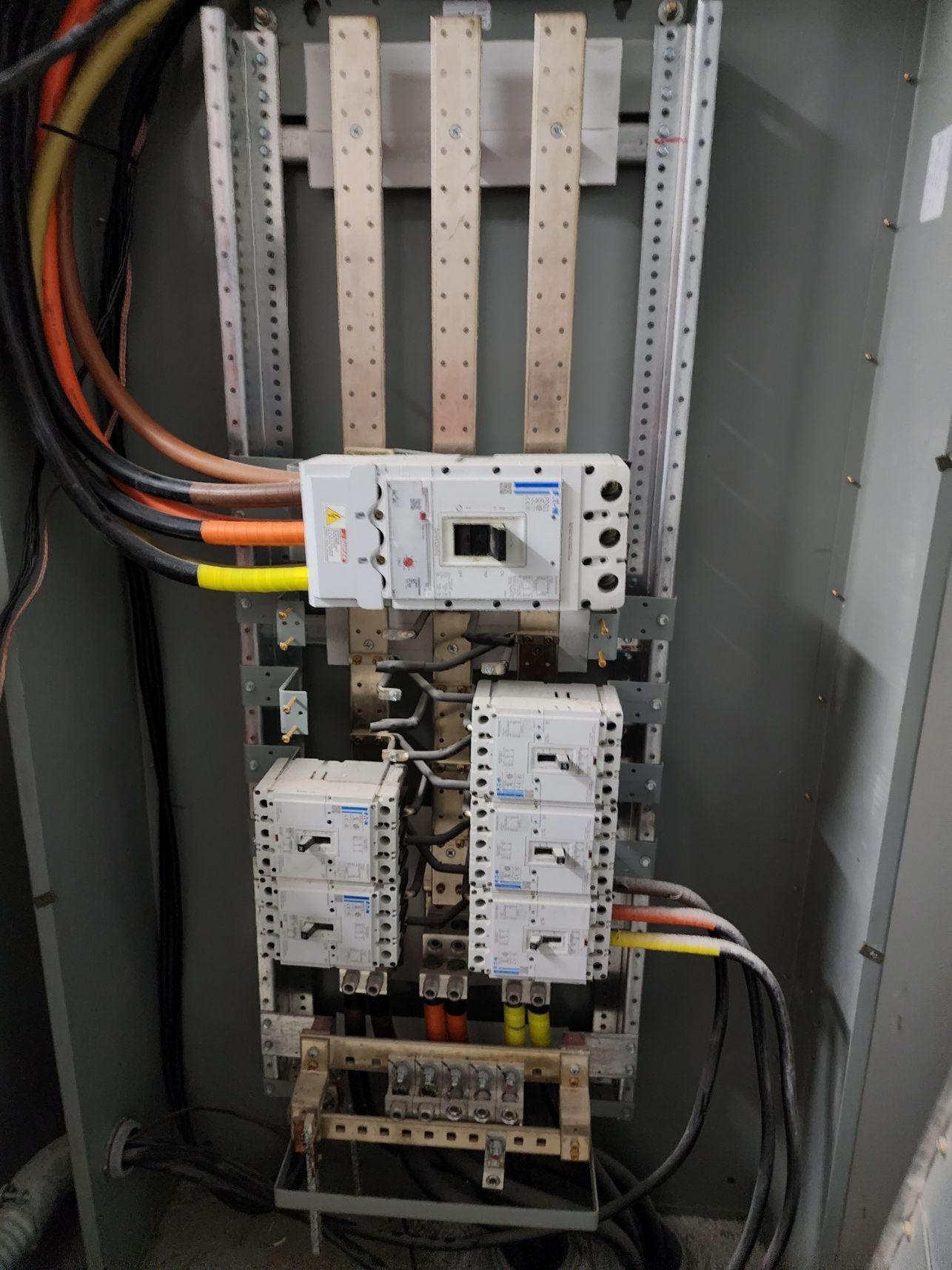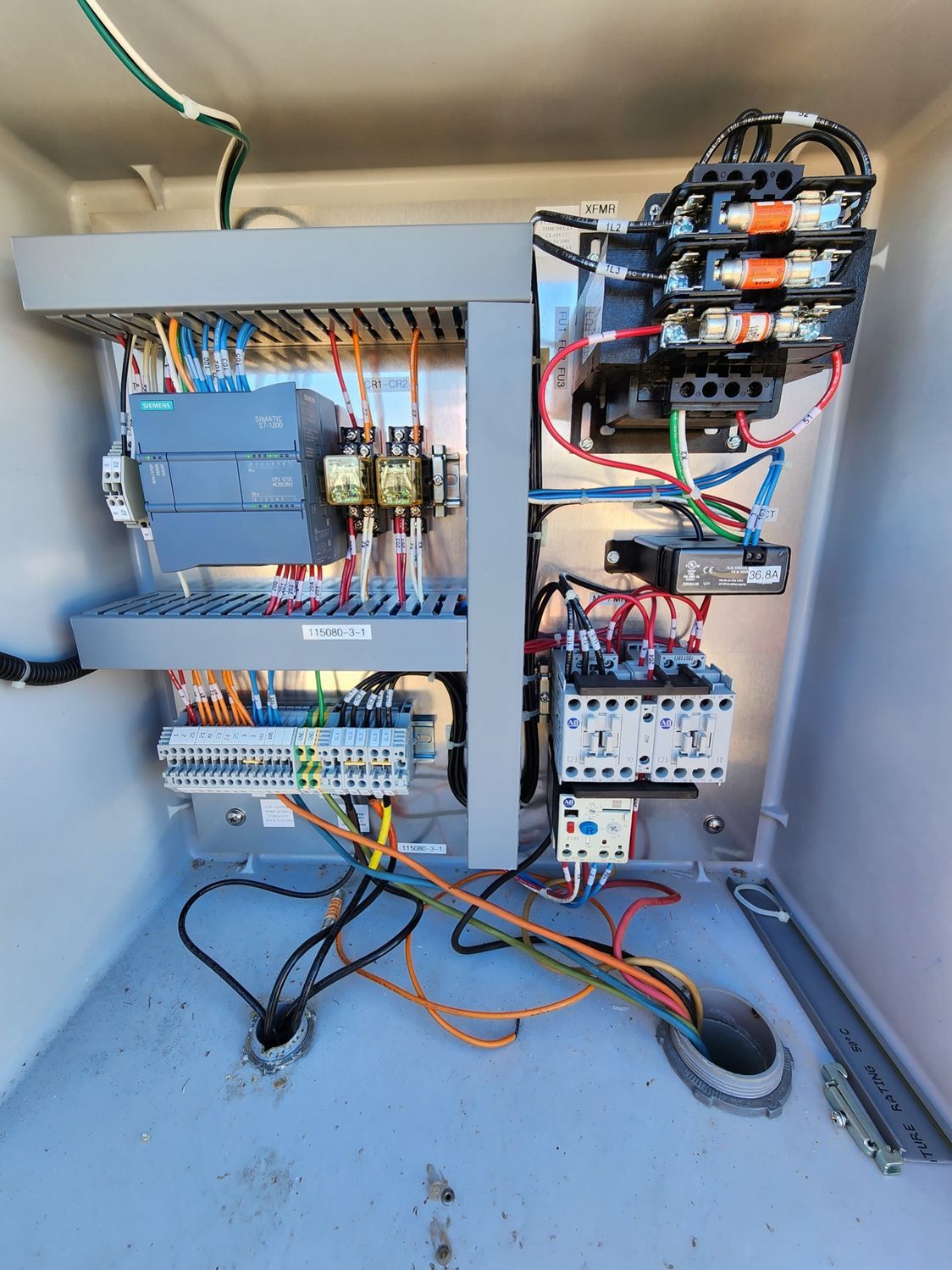December 16, 2022
Signs You Need Electrical Repair Most of your home's electrical wiring is hidden behind your walls and ceilings. It may be difficult to tell when a home electrical repair is required because it is out of sight. Homeowners that have any problems or suspect an issue should contact a professional immediately. Contacting a professional helps keep individuals safe and to avoid more severe problems. What is An Electrical Safety Hazard? Homeowners should be aware of electrical hazards and any signs or damages to electrical tools and equipment. Electrical hazards can be dangerous in the workplace, exposing workers to burns, shock, arc flash/arc blast, fire, or explosions. We can protect ourselves by identifying these dangers and understanding how they occur. Types of Electrical Hazards Qualified electricians state that the most prevalent forms of hazards come from various sources. Contact with electrical sources/ power lines and improper use of power sources are the main sources of these hazards. Electrical shock and burns are risks associated with contact with energized sources. Electrical shock occurs when the body becomes a part of an electric circuit. Power line hazards occur when buried or overhead power lines come into contact. The high voltage can result in shock. Normal wear and tear on extension cords can loosen or expose wires, resulting in a potentially dangerous situation. Signs to be Aware Of Electrical issues can come in a variety of shapes and sizes. Diagnosing the problem without a trained eye may be difficult. When you have electrical issues, leave the troubleshooting to the professionals. Damaged Wires A property's wiring may fray and become damaged over time for various reasons. Most wiring is caused by high heat, corrosion, and intruding nails and screws. Pests like mice can chew on your wires and cause them to break for homeowners. Frayed wires are dangerous and can cause fires, so homeowners should hire an electrician to inspect the system. Professional electricians can inspect and replace electrical cords to avoid electrical accidents inside the home. Hazards arise when cords, cord connectors, receptacles, and line- and plug-connected equipment are used and maintained incorrectly. If the electrical conductors are exposed, there is a risk of electric shock, burns, or fire. Unusual Smells & Sounds Noises such as popping and sizzling may indicate that your outlets or electrical panel are overheating. Avoid touching your outlets or plugging anything in when this happens. There is a risk of being shocked or starting an electrical fire. Sounds should be considered as more than a minor annoyance. Some sounds indicate a more serious underlying issue is developing, and should be handled with the assistance of a professional. After all, individuals should not handle powerful and fluctuating electrical currents. Any signs of smoke or sparks indicate an issue, and only a trained electrician should investigate further. Similarly to sparks, smoke, and burning odor, you should seek professional assistance if you hear buzzing sounds from your electrical system. Buzzing sounds indicate that your wiring has corroded, moved, or has been damaged. Damaged wiring can cause significant and minor issues, including a burning odor, fading lights, sparks, and tripping breakers and fuses. Prevention & Awareness Each of these indicators points to more serious issues that, if not addressed correctly and promptly, can snowball over time. Electricians often install safety preventative measures when conducting electrical work. Many professionals will install a ground fault circuit interrupter to prevent electric shock. A fault circuit interrupter (GFCI) detects electric currents and cuts off the power before an individual is injured. GFCIs are typically installed in areas where electrical circuits may come into contact with water. It is best to avoid contact with any wet conditions when dealing with electrical panels or live parts. Another electrical measure that electricians use are circuit breakers. A circuit breaker is an electrical safety device that protects an electrical circuit. The circuit breaker prevents damage caused by an overcurrent or short circuit. Its primary function is interrupting the current flow to protect equipment and reduce fire risk. Calling a Professional The simplest ways to avoid problems is to have a licensed electrician visit your home regularly to inspect your electrical systems. A professional can tell you about the condition of your electrical system and what upgrades you may need. Our professionals at TDR Electric will give you additional maintenance tips to ensure your safety. TDR expert electricians can install, replace, and repair your home's electrical wiring and fixtures. Residential and commercial systems must all meet legal requirements. TDR Electrical technicians will evaluate and test your home's electrical systems. Our licensed and insured electricians can look at your needs and assist. Our team includes the most knowledgeable electricians in the area. Contact TDR today to learn more about your area's most comprehensive electrical repair in your area!






